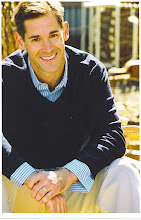 (Q) Justice John Paul Stevens, the Chicago native who once was part of a Supreme Court majority that reinstated the death penalty in America in 1976, Wednesday indicated for the first time that he believes capital punishment is unconstitutional.
(Q) Justice John Paul Stevens, the Chicago native who once was part of a Supreme Court majority that reinstated the death penalty in America in 1976, Wednesday indicated for the first time that he believes capital punishment is unconstitutional. Writing to concur in the court's judgment in Baze v. Rees, the case out of Kentucky that questioned whether the method used for executing prisoners was unconstitutionally harmful, Stevens said he had become convinced that the death penalty no longer served a legitimate societal function.
Stevens noted that that when the Court reinstated the death penalty in 1976, it did so by identifying three purposes served by capital punishment: 1) incapacitation of the offender; 2) deterrence and 3) retribution.
He wrote that with the advent of longer prisoner sentences and the option of a life term without parole made incapacitation a weaker rationale. He then questioned whether the death penalty deters crime, long a subject of debate among researchers. "Despite 30 years of empirical research in the area, there is no reliable statistical evidence that capital punishment in fact deters potential offenders," he said. Continue reading @ Swamp Politics

